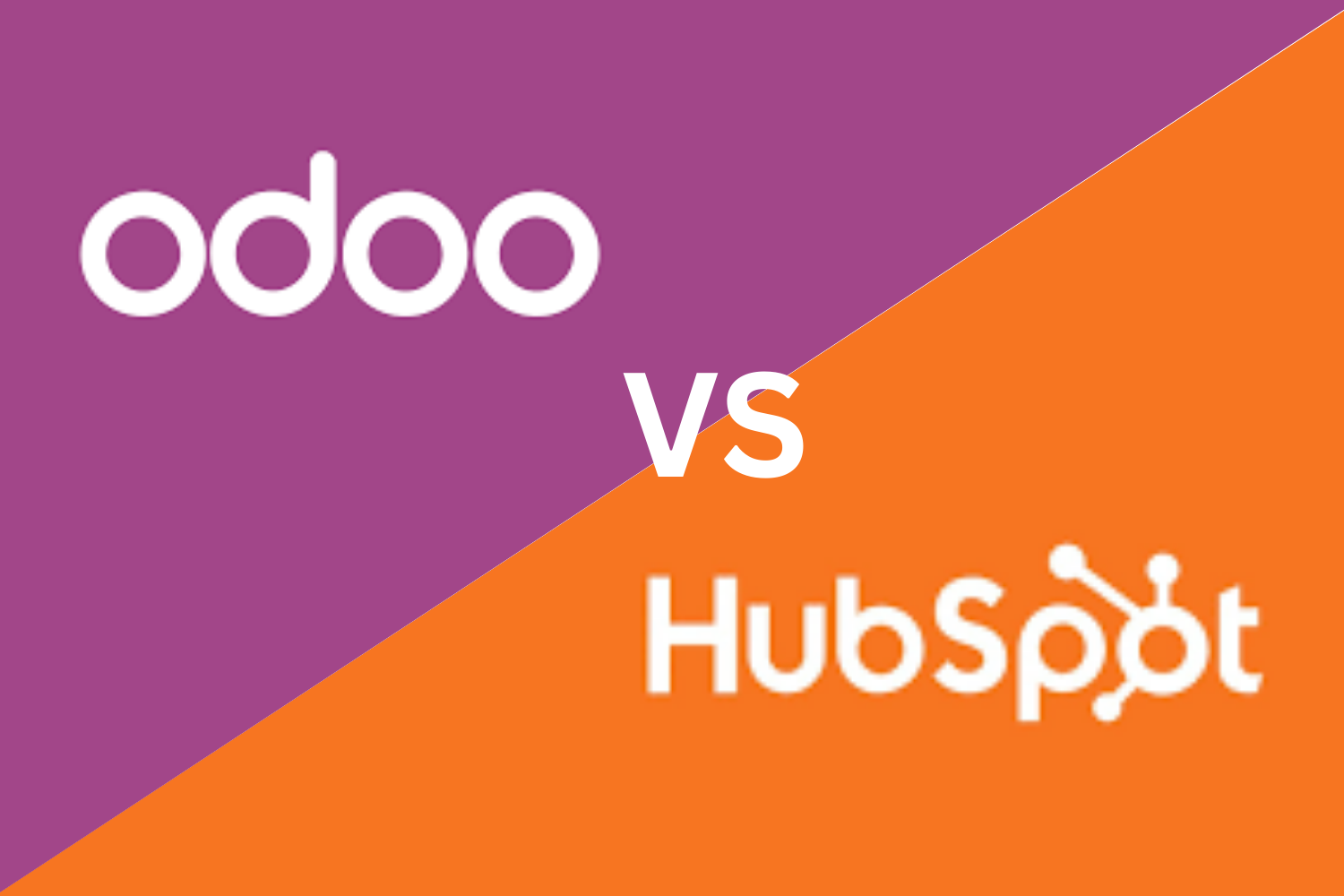Dealer vs. Distributor—knowing the difference can save your business time, money, and stress. If you’re buying inventory, you’ve probably come across both terms. But what do they mean, and how do you know which one is right for your needs?
This quick guide breaks down the roles of dealers and distributors, explains how they fit into the supply chain, and helps you decide who to buy from based on what your business needs right now. Whether you’re stocking up for long-term operations or just need a quick restock to avoid downtime, understanding this difference makes all the difference.
What Is a Distributor?
A distributor buys products from a manufacturer and sells them to other businesses, like dealers, retailers, or even directly to the end customer. They’re a key link in the supply chain, helping move products from the source to where they’re needed.
Distributors do more than just sell inventory. They often manage logistics, handle storage, and help with shipping. Some even help customers and manufacturers communicate—whether it’s placing special orders, arranging delivery timelines, or requesting custom features.
In many industries, distributors also provide extra services. These are called value-added distributors. For example, a medical distributor might sell hospital equipment, install it, and later handle repairs.
Distributors are especially useful for businesses that want steady access to inventory, lower prices, and support beyond just buying and selling. If you’re looking for bulk orders or long-term supply, a distributor is often the best place to start.
What Is a Dealer?
A dealer is a business that purchases products from a distributor or wholesaler and then sells them directly to customers, typically at retail prices. Think of a car dealership: they don’t make the cars, and they usually don’t buy them straight from the factory. Instead, they purchase vehicles from a regional distributor and then sell them to the public.
In most cases, dealers are the last stop before a product reaches the end user. That could be a certified beauty clinic selling approved skincare products, or your neighborhood auto parts store offering brand-name tools and accessories.
Some dealers are officially certified by the manufacturer. Others are independent retailers that simply resell what they’ve sourced from a distributor. Either way, their job is to connect products with consumers, and they typically don’t offer services beyond the sale itself.
Dealers are helpful when you need a product fast, in small quantities, or in person. But for businesses looking to stock up or get better pricing, buying directly from a distributor or wholesaler usually makes more sense
What Is a Wholesale Distributor?
A wholesale distributor buys large amounts of inventory directly from manufacturers, then sells those products in smaller quantities to businesses, usually at wholesale prices. These customers are typically retailers, not individual consumers.
Unlike regular distributors, wholesale distributors don’t always have formal contracts with manufacturers. They’re mainly focused on volume: buying big, breaking it down, and reselling in bulk to businesses.
For example, a hardware store might buy tools from a wholesale distributor who sources them from multiple brands. The store gets access to a wide range of products at a lower cost, without needing to deal with each manufacturer separately.
Wholesale distributors usually don’t offer services like setup, repairs, or customer support. Their main role is to get products into the hands of businesses quickly and at scale. If your priority is getting the best price for high-volume inventory, a wholesale distributor might be your best option.
Key Differences Between Dealer and Distributor
So, what’s the real difference between a dealer and a distributor? It mostly comes down to who they buy from, who they sell to, and what kind of support they offer.
Here’s a simple breakdown:
| Feature | Distributor | Dealer |
| Buys from | Manufacturer | Distributor or wholesaler |
| Sells to | Businesses, dealers, or consumers | End-users (consumers) |
| Pricing | Wholesale or bulk | Retail |
| Support & Services | May offer logistics, setup, and after-sales help | Usually just product sales |
| Certification | Often contracted by the manufacturer | May be certified, but not always required |
In short, distributors connect manufacturers to businesses and may offer extra services. Dealers sell to consumers and focus on the final sale. If you’re running a business, it usually makes more sense to work with a distributor for better pricing and support—unless you need something urgently or in a small quantity.
When Should You Work with a Distributor?
Working with a distributor makes sense when your business needs consistent access to inventory, better pricing, or extra support.
Distributors are a good fit if you:
- Order in bulk or on a regular schedule
- Need help with shipping, storage, or setup
- Want direct communication with manufacturers
- Are you buying products that require ongoing service or maintenance?
For example, if your company installs equipment or uses specialized tools, a distributor can help you get the products—and the support—you need to keep things running smoothly.
If you’re focused on long-term supply, predictable pricing, and added services, a distributor is usually the right choice.
When Should You Work with a Dealer?
Sometimes, buying from a dealer just makes more sense, especially when speed or convenience matters.
You might choose a dealer if you:
- Need a product right away and can’t wait for delivery
- Only need a small quantity
- Can’t get the item through your usual supplier
- Want to buy in person or see the product before purchasing
For example, if your usual distributor has a long lead time and you’re about to run out of stock, a local dealer can help you fill the gap quickly, even if it means paying retail prices.
Dealers are helpful for one-off purchases, last-minute needs, or anything that can’t wait. While they aren’t always the cheapest option, they can be the fastest and easiest when time is tight.
Choosing the Right Vendor for Your Business
Picking the right vendor isn’t just about getting the lowest price. It’s about finding a supplier that meets your business’s day-to-day needs.
Here are a few things to consider:
- Quantity – Need to buy in bulk? A distributor or wholesaler is usually a better fit.
- Speed – In a hurry? A local dealer might be the fastest option.
- Support – Need help with setup, service, or logistics? Go with a value-added distributor.
- Price – Want the best deal over time? Distributors and wholesalers typically offer better rates than dealers.
- Availability – Can’t get what you need from your usual source? A dealer might be the quickest workaround.
There’s no one-size-fits-all answer. Many businesses work with more than one type of vendor, depending on what they need and how fast they need it. Start by knowing your priorities—then choose the vendor that fits.
How Inventory Software Can Help
No matter who you buy from—a dealer, distributor, or wholesaler—keeping your inventory organized is key to running your business smoothly. That’s where the right inventory software makes a big difference.
Tools like ArmPOS help you track what you’ve bought, who you bought it from, and when to reorder. You can set low-stock alerts so you don’t end up paying retail prices at the last minute. You’ll know exactly when it’s time to restock—on your terms.
With ArmPOS, you can:
- Get notified when stock runs low
- Track vendors, lead times, and order history
- Use barcodes or QR codes to access product details fast
- Sort inventory by supplier, category, or location
- Reduce errors and avoid last-minute purchases
If your business relies on clear vendor tracking and fast decision-making, ArmPOS is built to support that. It’s simple, smart, and designed to give you full control over your stock.
Thousands of businesses trust ArmPOS to stay ahead—because the right tools mean fewer surprises and more peace of mind.
Conclusion
Understanding the difference between a dealer and a distributor helps you choose the right supplier for your business needs. Distributors handle large orders, manage logistics, and offer extra support, making them ideal for steady supply and cost savings. Dealers sell smaller quantities directly to customers and work well when you need products quickly or in person. By knowing these roles, you can save time and money while keeping your operations running smoothly. Choose a distributor for bulk buying and long-term stock, or a dealer for fast, convenient purchases.





